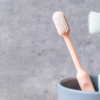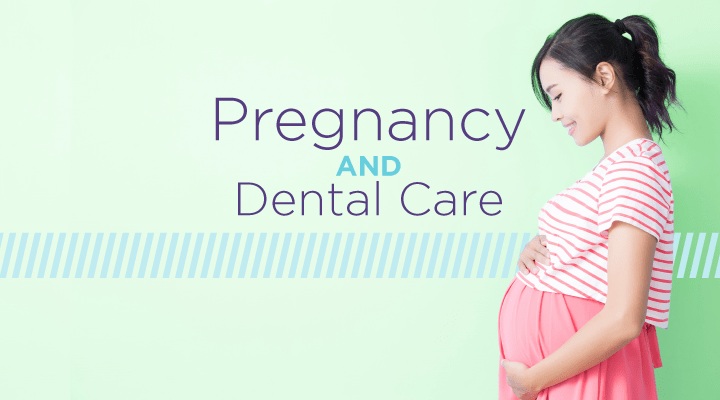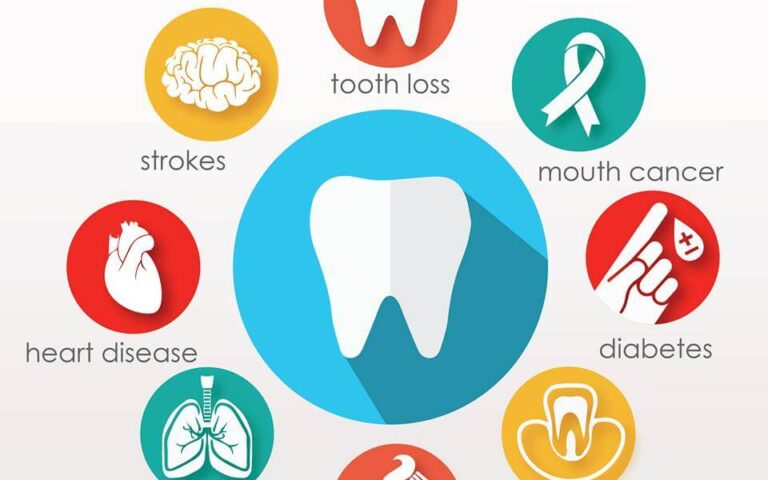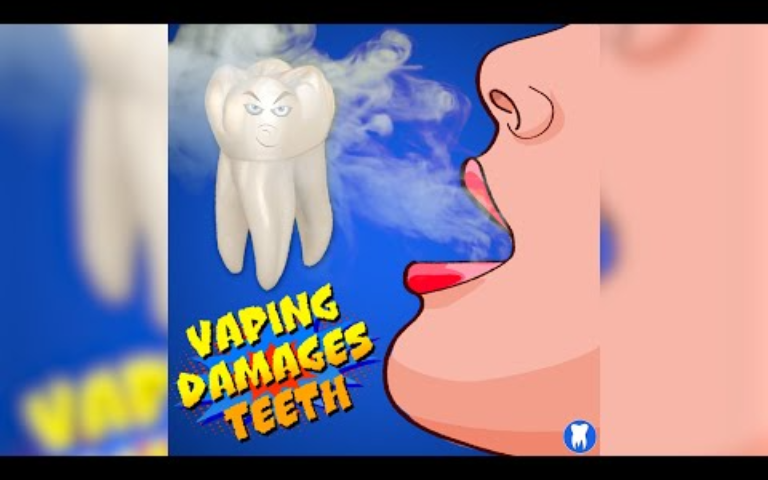PREGNANCY AND DENTAL CARE
Proper dental care is important during pregnancy. Dental health is the health of the entire system that is used to chew, smile, and speak. It plays a very important role in your overall health. When you are pregnant, you need to pay more attention to your dental health.
This is because, during pregnancy, the risk of having dental health issues is increased. Some of these dental health problems can cause complications, including premature birth. Several studies have shown links between gum diseases and premature birth.
Premature births are births that happen before the pregnancy reaches 37 weeks. Babies that are born prematurely tend to have more health concerns than those born full term. These health concerns are caused because their organs are not fully developed to survive outside the womb. The above shows that proper dental health care during pregnancy can help you have a healthy baby.
How does pregnancy affect dental health?
When you are pregnant, some changes occur in your body. These changes can affect your dental health in various ways, including:
- During pregnancy, the levels of progesterone and estrogen increase. These hormones increase the risk of you having dental problems like gum diseases.
- Your eating habits change during pregnancy. You may find yourself eating certain types of food more often than you did before your pregnancy. The types of food you eat can affect your dental health.
- While you are pregnant, you might find yourself more tired than usual. This may cause you to brush or floss less often than you normally would.
- For many women, having to brush and floss causes them to feel sick to their stomach when pregnant. And brushing sometimes induces vomiting for some pregnant women. This can make them not want to brush as often as necessary.
Dental problems that can occur during pregnancy
The above changes increase the risk of having any of the following dental problems while pregnant:
- Tooth decay or cavities: These are small areas of the tooth surface that are damaged. Pregnancy increases your chances of having decayed teeth. The bacteria that cause cavities can also be passed from you to your baby during pregnancy and birth.
- Loose teeth: You might have high progesterone and estrogen levels when you are pregnant. These hormones can temporarily cause the bones and tissues that keep your teeth in place to loosen.
- Pregnancy tumors: These are lumps that are found on the gums, especially between the teeth. They usually look raw and red, bleeding very easily. Pregnancy tumors are not cancerous in nature. They are caused by the presence of too much plaque on the teeth. Plaque is the sticky film on the teeth that contains bacteria. They often go away by themselves after birth, except in very rare cases.
- Gingivitis: This is the redness and swelling of the gums. It can cause serious gum disease if it is not treated. Pregnancy hormones increase the risk of gingivitis, and it is found in almost 75% of pregnant women.
How to tell if you have dental care problems during pregnancy
If you have any of the following signs or symptoms when pregnant, then you should see your dentist. They include bad breath, loose teeth, sores on the gums, red or swollen gums, bleeding gums, and toothaches.
Any other form of pain or swelling in the mouth might be a sign of a dental issue. Infections have to be treated as quickly as possible so that they do not affect the baby.
Prevention of dental problems during pregnancy
The major way of ensuring that you and your baby are safe is to go for regular dental checkups. Make sure that you continue to go regularly for your dental checkups. They can help find the problems early, so they can be treated on time.
You should also tell your dentist that you are pregnant and the drugs you take. It is important to mention if you have had issues with your dental health in the past.
You must inform your dentist if your pregnancy is a high-risk one. This means that you, your baby, and the two of you have a high chance of having problems. The easiest way to prevent these concerns is to regularly clean the teeth and gums.
Treatment of dental issues that occur during pregnancy
You can treat your dental issues at any time during your pregnancy. Any treatment that is not required urgently should be done during the second trimester. It is critical that your dentist know that you are pregnant before starting any treatment.
There are some treatments that are safe during pregnancy, and there are several examples. They include drugs such as pain relievers and antibiotics that are used to treat infections. Local anesthesia is used to reduce pain. It can be used to numb the mouth for a dental filling or tooth pulling. Treatments for pregnancy tumors are often unnecessary as long as they do not prevent eating. This is because removal of the tumors during pregnancy often redevelops. It is usually best to leave them, and they often disappear after childbirth.
Conclusion
As a woman during pregnancy, it is very important to pay close attention to your dental care. This is because the health of your baby depends on it. You need to understand that it is not unnatural for you to feel unlikely to brush due to morning sickness. All you need to do is pay close attention to how it makes you feel. Sometimes the simple remedy can just be changing your toothpaste type. This would help prevent any dental-related diseases during pregnancy. Always remember that dental care is very important during pregnancy.








Very nice article. I definitely appreciate this